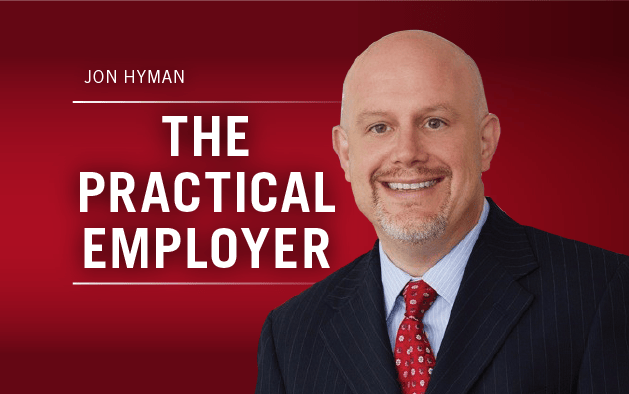Even if you haven’t seen the 2015 film “Concussion” starring Will Smith, you’ve undoubtedly seen the clip from the trailer of Smith intensely and emotively pointing his finger forward at two doctors and saying “Tell the truth” about concussions.
“Concussion” tells the story of Dr. Bennet Omalu, M.D., a forensic pathologist in Pittsburgh. The doctor discovered the slowly developing brain disease resulting from head injuries among NFL football players. He labeled it CTE, which is short for chronic traumatic encephalopathy.
Omalu also discovered that the NFL and its doctors did not welcome his discovery of this illness. Without giving away a good story, I can say that people discouraged Omalu’s work and attempted to undermine his credibility.
Of course, people can get concussions in various sports and activities and from accidents at home or work. Often, people are able to recover from such injuries. This story concerns recurring head traumas and the effects that show up many years later. Such brain damage has been hard to detect. Many people have not sought treatment and did not recover from CTE. (On March 28, JAMA Neurology published a new study on a biomarker that may help with early detection.)
Intimidation and Retaliation
Omalu’s story can also shed light on the well-known intimidation of and retaliation against whistleblowers in U.S. Veterans Affairs Department hospitals and in other organizations. It is important to keep in mind that when Omalu discovered that repetitive brain traumas produced an effect similar to early onset Alzheimer’s, he was a pathologist for Allegheny County, Pennsylvania. He was not an employee of the NFL.
He was harassed, intimidated and retaliated against, but not by his employer. He was not demoted, transferred or terminated by his employer. He did not suffer from “an adverse personnel action” by his employer.
The Problem
The Whistleblower Protection Act of 1989 protects whistleblowers from retaliation in the form of an adverse personnel action (or threat of one) by their employers. By the limited definition of retaliation under the act, Omalu was not the subject of retaliation.
Conscientious, responsible managers in environmental and occupational safety and health do want to hear the bad news, so they can take steps to deal with the problems. Conscientious, responsible managers in any business or government activity want to hear about problems so they can deal with them. Patrick Pizzella, former assistant secretary of labor for administration and management at the U.S. Labor Department (now a Member of the Federal Labor Relations Authority) is an example. While I worked on his safety and security planning committee for six years, Pizzella regularly asked: “Does anyone have any questions or comments?” And he acted on what he learned.
On the other hand, some do not want to hear about problems and they do not want anyone else to know about problems. These people sometimes intimidate or retaliate against people who report problems. This is not good for an organization, its employees or its clients/customers. “Don’t Nobody Tell Me No Bad News” is a great song from the musical “The Wiz,” but it is not good policy for those who follow it.
A Look at the VA
The problems at the VA hospitals and retaliation against VA whistleblowers received national publicity. Detailed allegations of many problems at VA were detailed in a 40-page document by the American Federation of Government Employees Local 17 in July 2015 with little visibility. In December 2015, Government Executive magazine reported that management at the VA would take no action on the problems alleged in the report.
Unlike the case of Omalu, the whistleblowers at the VA were employees. However, with a few possible exceptions, retaliation against complainers and whistleblowers did not involve demotion, transfer or termination. So the harassment and torment of the whistleblowers was not covered by the Whistleblower Protection Act. For example, purposeful public humiliation is psychological violence but, by itself, it is not retaliation under the act. (It is workplace violence.)
The brilliant Omalu is an exceptional man. Still, even he needed support from his faith community in Pittsburgh to get through the hassle of telling the truth about the NFL players’ injuries. Is it reasonable to expect the same courage and mental toughness from the average workers who desire to point out the problems they see?
This suggests to me that we do not have adequate tools to deal with those who intimidate and harass people who point out problems in the workplace.
Edward Stern served the U.S. Labor Department for 40 years as a senior economist and policy program analyst. He also has worked extensively with the Occupational Safety and Health Administration and is an expert on workplace bullying. To comment, email editors@workforce.com. Follow Workforce on Twitter at @workforcenews.




